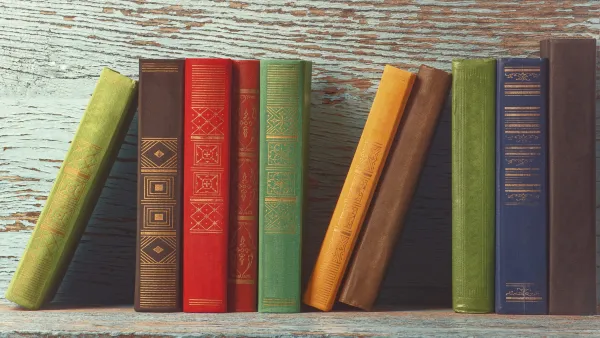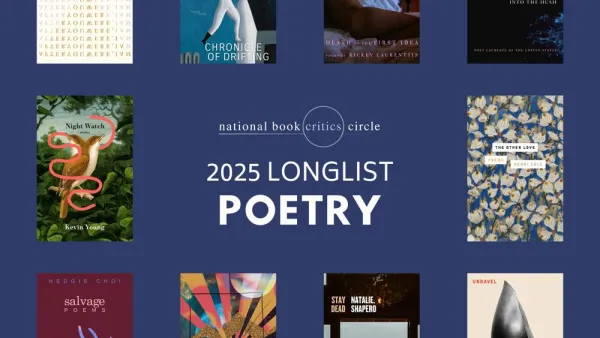Matthew has published essays on John Updike, Philip Roth, Raymond Carver, Don DeLillo, and Barry Hannah. In 2015, he won the John Updike Review's Emerging Writers Prize for his essay "The Long Goodbye: The Role of Memory in John Updike's Short Fiction." He currently serves as President of the Philip Roth Society and is on the Executive Board of the John Updike Society. He is also on the editorial board of Philip Roth Studies.
Mercilessly, the Duncker Digest paid no mind to job talks and finals and end of semester woes; they sent Matthew a series of questions anyway, which he graciously answered. The Q & A went as follows:
Q: What draws you to the work of Philip Roth? Do you consider him the greatest writer of his generation?
- A: Roth was a part of a really remarkable generation of American writers--Toni Morrison, Don DeLillo, John Updike, Joan Didion, Thomas Pynchon to name but a few--so I'm not sure it's fair to call him the greatest novelist of his generation. But he certainly had one of the more interesting and sustained careers of any American novelist. What makes Roth's career so interesting to me is how he reinvents himself as a novelist in mid-career; very few writers publish their most significant work in the second half of their career like Roth did. Roth's reputation really rests on that great run of novels—starting with The Counterlife (1986) and going through The Plot Against America (2004)-- that Roth produced in the second half of his career.
- A: For some reason. I've always been attracted to workaholics, which I think partially accounts for my interest in Roth. My favorite Beatle is Paul, my record shelves are weighed down by Bob Dylan and Elvis Costello records, and I've developed a nasty Grateful Dead habit in my forties (fatherhood somehow made me a Deadhead). Anyways, I find Roth's willingness to exhaustively explore the subjects and ideas that animated his fiction to be really fascinating. Not all his books are successful, but they are all interesting, especially when one considers how the different novels speak to each other. Roth's novels are filled with contradictory voices, and his novels, when read together, allow these voices to bounce off each other, to counter one another. Roth's fiction rarely endorses a singular position but suggests how fiction can become a space in which these contradictory stances and beliefs can be contained. Roth can make for hilarious and, at times, maddening reading, but he is rarely boring.
Q: Is there any pressure in profiling a fellow author, especially one who is well known? What do you hope the reader takes away from such a work?
- A: There was pressure in trying to cover all of Roth's novels in a relatively short amount of space. Maybe in a few years I will release a longer director's cut of the book.
Q: You serve as President of the Philip Roth Society. Is there anything you'd like to share with us about the organization or membership in it?
- A: The best part of heading up the Roth Society is working with scholars from all over the world--India, Germany, Russia, Italy, France, Japan—who are interested in Roth's work.
Q: Do you have a favorite book of all time, or just of the moment? Why? Is there any book that you wish you'd have written?
- A: The best book I've read recently was Ayad Akhtar's Homeland Elegies, which I thought was one of the few novels to really capture the tenor of the last decade of American life. I also quite like Gary Shteyngart's Our Country Friends. which is a wonderfully funny and sad pandemic novel. As soon as grades are in, I plan to finish up Sally Rooney's Normal People, which had the misfortune of being the book I picked up at the very end of the summer and never finished, and Jennifer Egan's The Candy House. Also look forward to reading Colson Whitehead's Harlem Shuffle (and now I have the Stones' cover of this song stuck in my head). Whitehead, for me, has been the writer I've enjoyed the most in recent years--Sag Harbor and John Henry Days are particularly great.
- A: All time is impossible to answer, but if forced to choose I might take with me Updike's collected short stories. For Roth, my top four are American Pastoral, Sabbath's Theater, The Counterlife, and The Ghost Writer. Most days I would go with American Pastoral as his best, but The Counterlife is a close second for me.
Q: What is your favorite meal in St. Louis?
- A: So with three small kids our eating options have been rather limited. Lots of Mi Ranchito and 5 Star Burgers, both great in my book. Three Kings remains a constant too. I do miss Sunday brunch at Sasha's. Fancy meals out I'd go with Brasserie or The Crossing. The fried pickles at Krueger's are also deeply underrated. Salt'nSmoke's absurd mac-n-cheese with Ritz crackers also deserves an honorable mention.
Matthew has an upcoming Book Celebration for his latest work, Understanding Philip Roth, which will be held on December 14th, at 3:00 PM in the Hurst Lounge.




